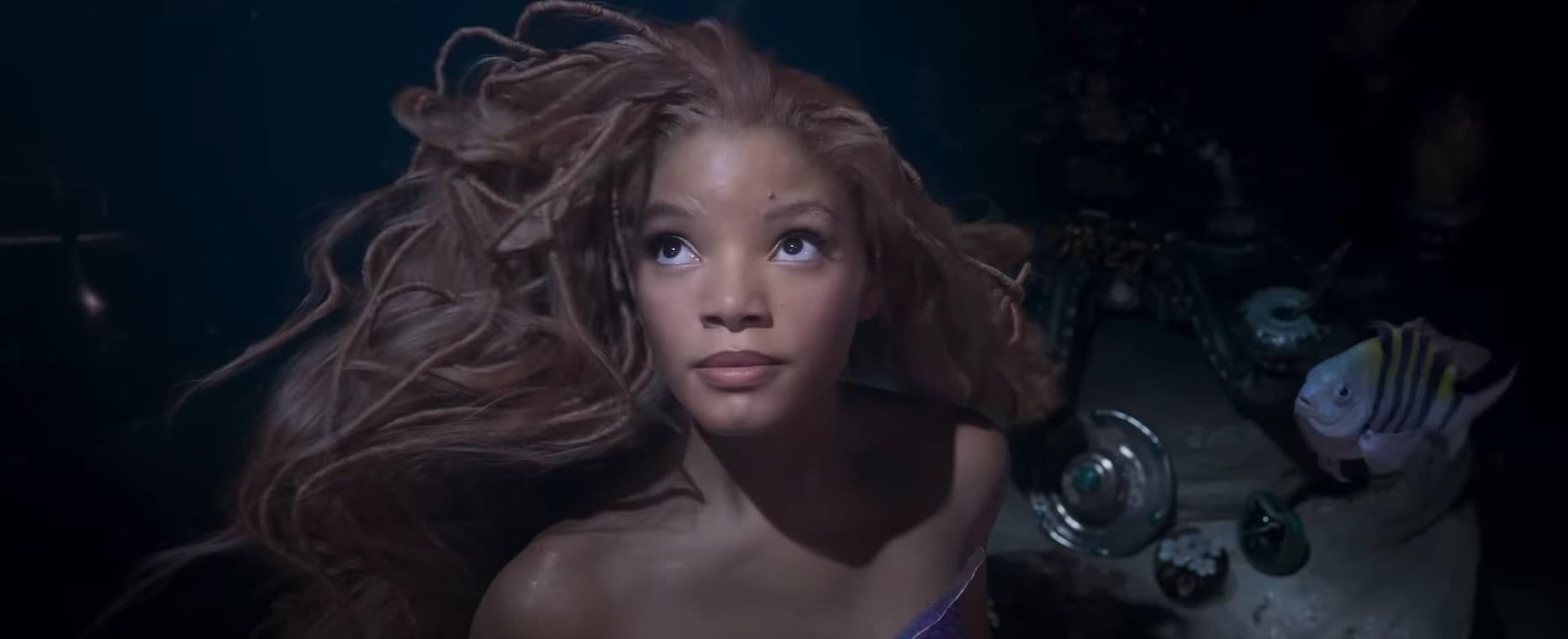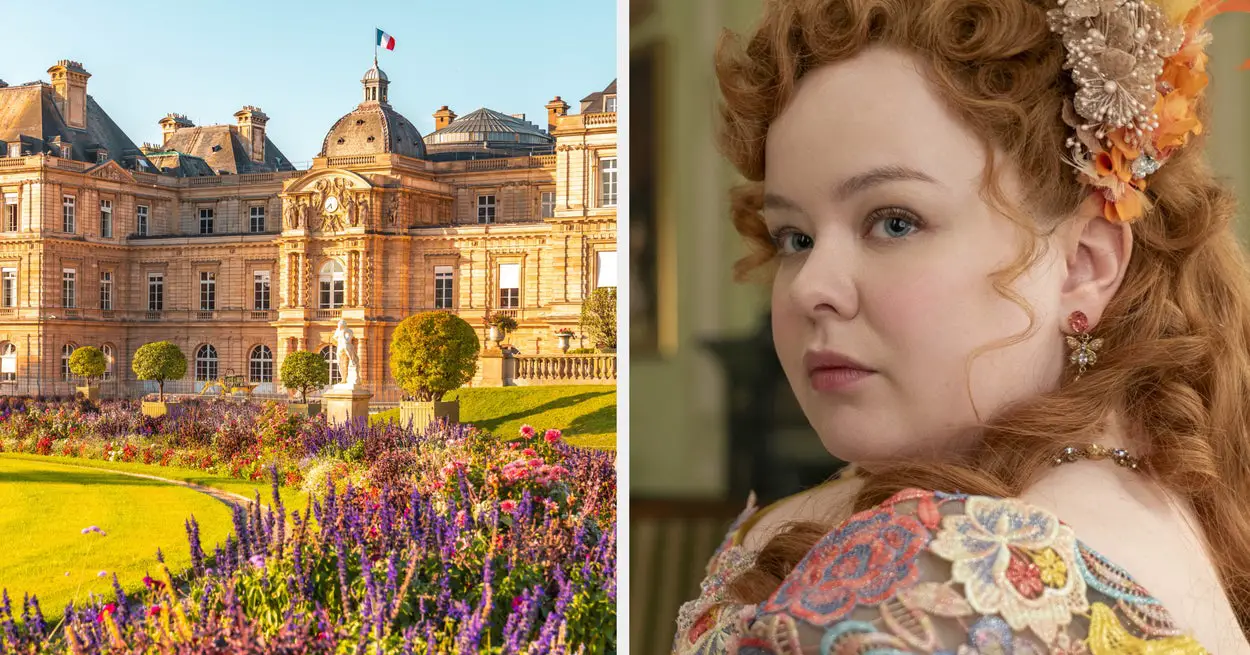This one might ruffle a few feathers; the original 1989 animated classic, Disney’s The Little Mermaid, captured the hearts of audiences worldwide with its magical underwater kingdom, memorable characters, and unforgettable songs like “Under The Sea.” In recent years, Disney has been tapping into their catalog of well-loved classics, adapting them as live-action films, and The Little Mermaid is no exception.
Scheduled to be released in May 2023, this highly anticipated remake has already begun to spark debates and controversies, especially surrounding the casting of Ariel, the film’s main protagonist, the hyperrealism of some characters, and Disney’s evident use of forced diversity in children’s classics. Let’s take a moment to examine the controversy surrounding the casting, the impact of diversity and representation, and questions whether Disney made the right decision.
Casting Controversy Of Ariel
The controversy surrounding the casting of Halle Bailey, an African-American musician and actress, as Ariel, a traditionally white mermaid, has led to a heated discussion in social media circles. It follows the same line of criticism from other productions, like Amazon Studios’ Lord of The Rings’ The Rings of Power, which features Black and Asian characters in lore where the characters are white, just as Tolkien envisioned them.
While supporters of inclusion say that hobbits, elves, and in this case, mermaids are fictional characters, they can be of any color, further arguing that it is a fresh and necessary change reflecting the progressive values of society today. On the other side, critics argue that the casting was a forced inclusion to promote diversity and that it strays from the source material.
Forced Inclusion & Lack of Fidelity to the Source Material
How do you butcher a classic? And what is the dominating view of a classic? If you’re true to the original story of Hans Christian Andersen, you’ll have to factor in some aspects that will make the film inadequate for children; the same goes for depictions of Pinocchio or Snow White. Still, Disney’s masterpieces are masterpieces because of that. Inclusion and diversity didn’t factor in at a time when making box-office hits was the main goal, not fulfilling representation quotas, something that seems to be the main priority in today’s dispensations.
Disney seems to be sacrificing aspects of the original story and even the visual design of characters like Flounder to prioritize diversity. Many took to social media platforms to voice their concerns, with users creating memes and tweets comparing the new Flounder to the original. Critics feel that altering the characters’ appearances significantly and casting an African-American Ariel deviates from the original source material, ruining their connection to the beloved film.

Progress and Representation
On the other hand, supporters of the casting decision praise Disney for reflecting the diverse, inclusive values of today’s society, emphasizing the importance of representation for marginalized communities in popular media. Advocates argue that the casting of Halle Bailey as Ariel sends a powerful message that race is not a defining factor in one’s ability to play a role.
If we hold those who promote progressive ideas to their standards, how would they feel about a remake of Shaft or Malcolm X with a white actor in the lead like Ryan Gosling? Would they accept that or go bananas about it? It really makes you wonder.
Also Read: What Is The Real Story Of The Little Mermaid?
Disney’s Response & Handling of the Criticism
Disney has stood firmly by its casting decision, defending Halle Bailey’s ability to bring the character to life. Rob Marshall, the film’s director, has often praised Bailey’s acting and performance skills. They are not in question for this debate, after all. No one claims her lack of talent. Still, Disney’s commitment to the casting choice further highlights its dedication to promoting diversity and representation in its films.
The Impact of Diversity & Representation on the Entertainment Industry
Diversity and representation have become hot topics in the entertainment industry, with a growing demand for inclusive casting and the promotion of marginalized voices. Wise critics acknowledge that representation in popular media is essential and that it allows for a richer and more authentic storytelling experience. However, the challenge lies in striking a balance between staying faithful to the original material and updating it to reflect current societal values.
What’s Ahead On The Potential Impact on Box Office Success Of The Little Mermaid?
In conclusion, the casting decision of Halle Bailey as Ariel in the upcoming live-action remake of The Little Mermaid has indeed sparked controversy. And it will be up to the viewers to go, check the film out, and let Disney know if their remake is a hit or a failure.
Forced inclusion for the sake of it, for the sake of promoting a cultural agenda of divisiveness, goes against the fundamental values on which the United States is based, “E Pluribus Unum,” out of many, one. However, if the movie is well-made and a faithful adaptation of the original material, then it could be a great success at the box office. Disney has proven time after time that it can take risks and succeed.
Also, Read: Jonas Brothers’ Net Worth: How Much Are The Ex-Disney Stars Worth?
Source link










Leave a Reply